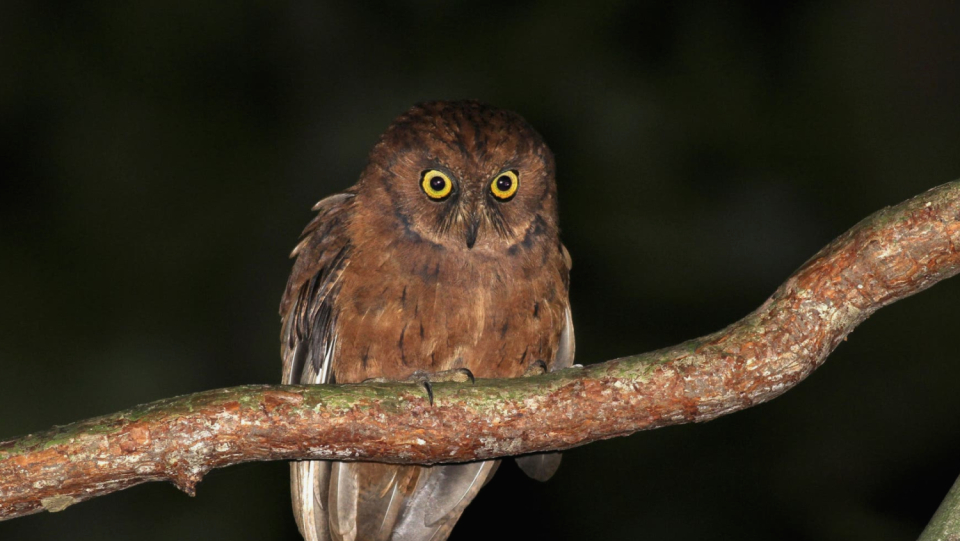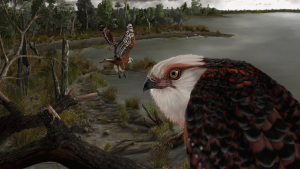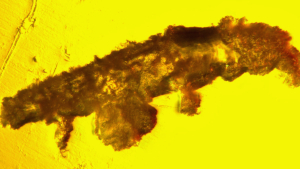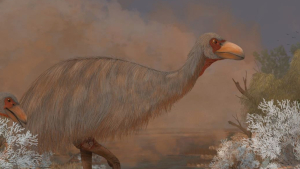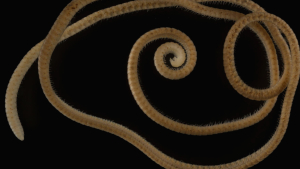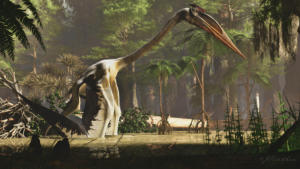At least since 1928, people on the Central African island of Príncipe have known this forest system, which is usually only noticeable by a short "tuu". Almost 90 years later, scientists were able to observe the cause of the call for the first time. But now Martim Melo from the University of Porto and his team succeeded in describing the responsible dwarf ear owl in "Zookeys" professionally - thanks to the Ranger Ceciliano do Bom Jesus, called Bikegila, who found the birds in the thick rainforest of his homeland. The species was named after him.
A total of four copies of the Príncipe dwarf ear owl (Otus Bikeegila) were able to collect and measure Melo and Co for scientific purposes. The owl differs from related species by coloring and size; Gente tests confirmed that it is unique. Her reputation is also particularly characteristic: a short, quickly repeated tone that is more reminiscent of insects than birds. The owls make him sound especially during the dawn, with couples reflecting him in the duet.
Subsequently, the entire island was examined to determine the distribution and the population of the new species, which was published in a second study in "Bird Conservation International". The owls probably only live in the remaining old lowland rainforests of Príncipe in the uninhabited southern part of the island. The distribution area covers only 15 square kilometers. On this small area, however, the population density of the owl is relatively high: its total population is estimated at about 1000 to 1500 individuals.
Nevertheless, the scientists propose to classify the species as threatened with extinction; Especially since part of the area could be affected by a small hydropower plant despite its protection status. The dwarf ear owl is the eighth known endemic bird species of the island, which is considered an exceptionally high value for the area of almost 140 square kilometers. Together with the main island of São Tomé, the archipelago is the hotspot of biodiversity with a lot of animal and plant species that occur here.







